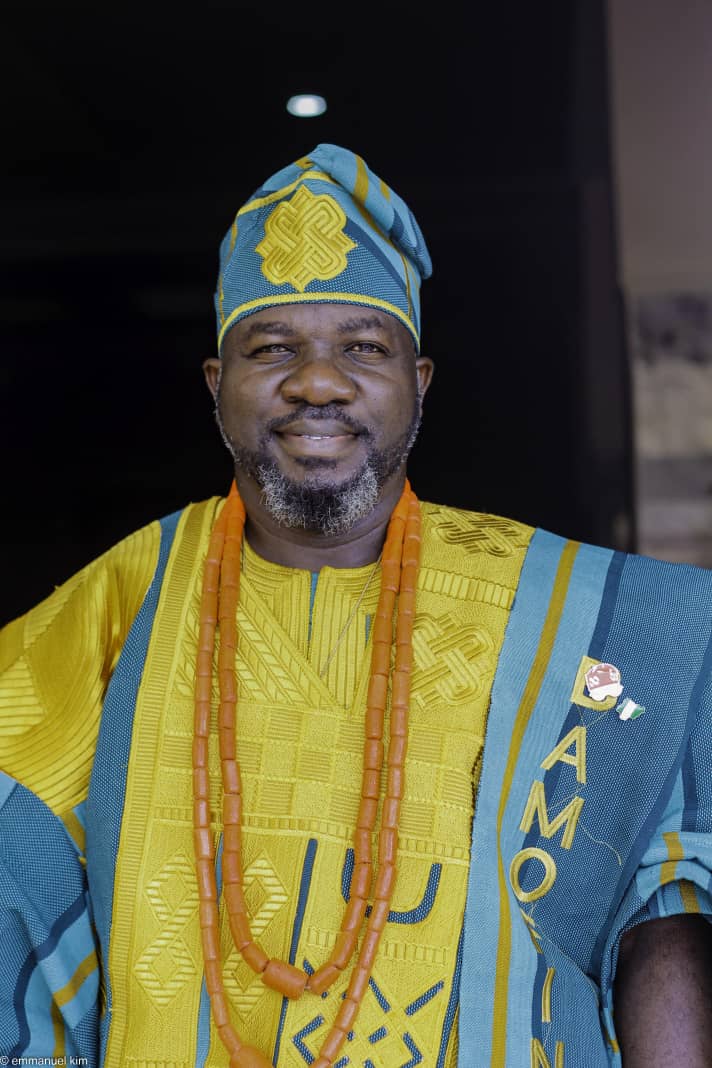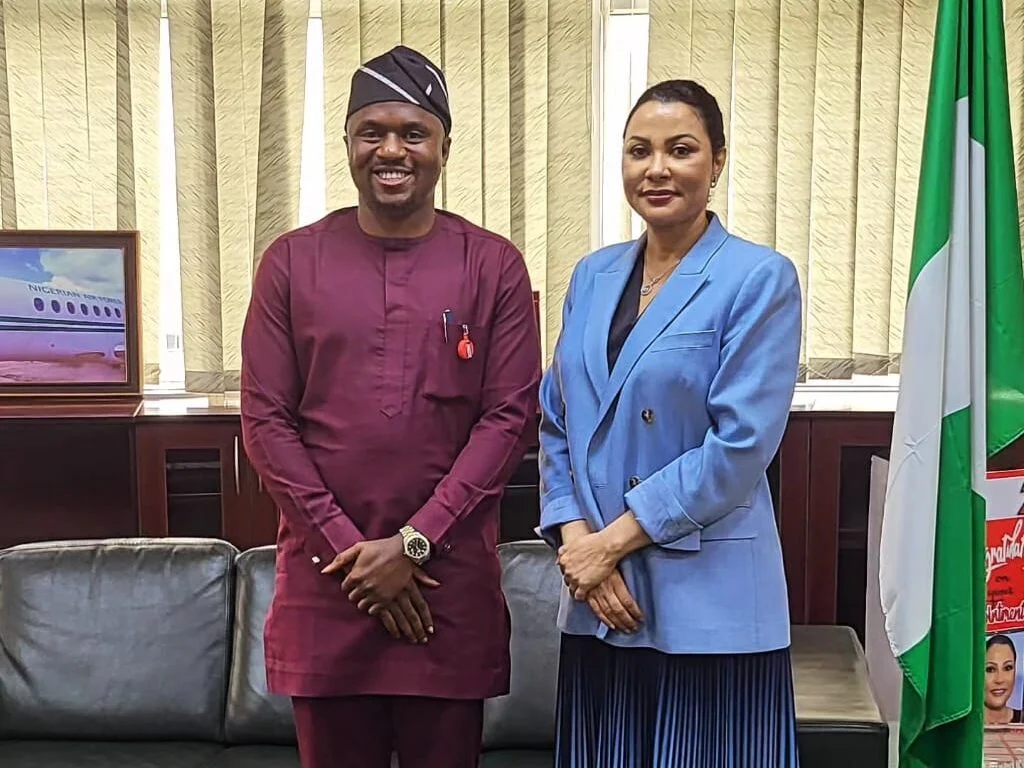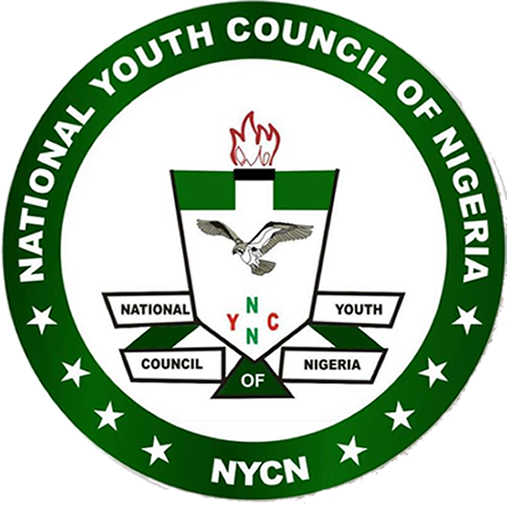605 total views today
By Tosin Kolade
Irrigation and water management experts have called for the inclusion of women and young professionals in advancing irrigated agriculture across Africa.
This call was a central theme at the 6th African Irrigation and Drainage (ARCID) Conference, which concluded with an award ceremony on Wednesday night in Abuja.
Mrs Oyeronke Oluniyi, Chairperson of the Nigerian National Committee on Irrigation and Drainage (NINCID), told the News Agency of Nigeria (NAN) that the conference stood out for its strong engagement with young professionals from six African countries.
“The level of participation, knowledge-sharing, and innovation brought by these young professionals was impressive.
“They are no longer just learners; they are ready to lead and drive meaningful change in irrigation development across the continent”.
According to Oluniyi, who is also the Director of Irrigation and Drainage at the Federal Ministry of Water Resources and Sanitation, a key highlight of the conference was a field visit to an irrigation site near Keffi, Nasarawa.
She described the visit as “a practical eye-opener” that provided real-world insight into the challenges and opportunities within irrigation practice.
 She emphasised the importance of harnessing the creativity and energy of young people to promote sustainable agriculture in alignment with President Bola Tinubu’s Renewed Hope Agenda.
She emphasised the importance of harnessing the creativity and energy of young people to promote sustainable agriculture in alignment with President Bola Tinubu’s Renewed Hope Agenda.
“These young minds are well-positioned to contribute to food security, effective water resource management, and increased agricultural productivity,” she said.
Oluniyi also pointed to a pre-conference youth forum, which provided a platform for delegates from various countries to collaborate, network, and exchange ideas.
Their engagement in the main sessions, she said, brought fresh perspectives to the discussions.
She added that it was inspiring to witness Nigerian youth engaging and forming connections with their peers from across the continent.
“The conference also featured a dedicated session on women’s participation in irrigated agriculture, aimed at empowering women and addressing barriers such as limited access to land and other essential resources.
“During the session, two female farmers; one from the Hadejia Valley Irrigation Project in Jigawa and another from the Kano River Irrigation Scheme in Zamfara, shared their personal stories of transformation and empowerment.
“Their journeys demonstrate that when women are supported, they not only thrive but also uplift others in their communities.
“In essence, our youth and women are not merely participants, but are agents of transformation. With the right support, they can help lead Nigeria and Africa towards a more food-secure and climate-resilient future, “Oluniyi said.
Also speaking at the event, President of the International Commission on Irrigation and Drainage (ICID), Dr Marco Arcieri, described the conference as a significant milestone for Africa.
He called for greater collaboration and networking to address shared challenges, including water scarcity and food insecurity.
“There are important lessons to take forward. From now on, we must strengthen cooperation and improve coordination to meet our development goals”.
Arcieri also commended the Nigerian National Committee for hosting the event with the backing of the Federal Government, including support from the Ministries of Water Resources, Agriculture, and the Presidency.
“This conference will leave a lasting impact, and ICID remains committed to supporting future progress,” he added.
 Mr Inuwa Musa, Co-chair of the 6th ARCID Task Team noted that while advancements are being made, they must be accelerated to meet the demands of a growing population and the increasing impacts of climate change.
Mr Inuwa Musa, Co-chair of the 6th ARCID Task Team noted that while advancements are being made, they must be accelerated to meet the demands of a growing population and the increasing impacts of climate change.
“To ensure food security, irrigation must be prioritised, we cannot break the cycle of poverty by farming for just four months a year. Sustainable, year-round food production depends on effective irrigation systems”.
Kuta, representing the Chairman of the African Regional Working Group, also stressed the importance of regional collaboration, particularly when it comes to managing shared water resources.
“Development does not happen in isolation. We must resolve conflicts over transboundary resources like the Niger Basin. There is enough water to meet our needs, though perhaps not our greed. We must learn to share wisely”.
Similarly, an Irrigation and Drainage Expert Mr Razaq Jimoh noted the urgency of scaling up action.
While acknowledging that Africa is on the right path, he warned that progress remains slow, especially given shifting rainfall patterns and other climate-related challenges.
 Jimoh, a former Managing Director/CEO of the Ogun-Osun River Basin Development Authority, reiterated the need for year-round food production.
Jimoh, a former Managing Director/CEO of the Ogun-Osun River Basin Development Authority, reiterated the need for year-round food production.
“You cannot end poverty by farming for only a few months and surviving on that harvest for the rest of the year.
“The only viable solution is to produce food throughout the year, and that requires functional irrigation systems”.
He also called for an end to disputes over shared water resources, emphasising the need for equitable access and cooperation.
“Most conflicts in inter-basin and transboundary areas stem from unequal access, but there’s enough to meet our collective needs if we prioritise and collaborate”.
In his speech, Minister of Water Resources and Sanitation, Prof. Joseph Utsev, emphasised the need for partnerships and greater investment in irrigation to tackle climate change, population growth, and food insecurity.
Utsev commended the efforts of the International Commission on Irrigation and Drainage (ICID), the African Regional Working Group, and all participating countries for their dedication to the conference’s goals.
 He noted that their collaborative work would pave the way for developing actionable strategies in the irrigation and drainage sector for both Nigeria and the African continent.
He noted that their collaborative work would pave the way for developing actionable strategies in the irrigation and drainage sector for both Nigeria and the African continent.
Utsev was represented by Mr Moses Jo-Madugu, Director Reforms Coordination with the ministry.
He stressed the importance of collaboration, innovation, and ensuring accessible water resources for farmers to foster prosperity across Africa.
The conference concluded with a renewed commitment from stakeholders across the continent to promote inclusive participation, enhance irrigation infrastructure, and foster regional cooperation to strengthen Africa’s agricultural resilience.
NAN reports that several distinguished individuals were recognised at the award ceremony for their contributions to leadership and governance in the water and agriculture sectors. (NAN)
Edited by Muhyideen Jimoh














 She emphasised the importance of harnessing the creativity and energy of young people to promote sustainable agriculture in alignment with President Bola Tinubu’s Renewed Hope Agenda.
She emphasised the importance of harnessing the creativity and energy of young people to promote sustainable agriculture in alignment with President Bola Tinubu’s Renewed Hope Agenda. Mr Inuwa Musa, Co-chair of the 6th ARCID Task Team noted that while advancements are being made, they must be accelerated to meet the demands of a growing population and the increasing impacts of climate change.
Mr Inuwa Musa, Co-chair of the 6th ARCID Task Team noted that while advancements are being made, they must be accelerated to meet the demands of a growing population and the increasing impacts of climate change. Jimoh, a former Managing Director/CEO of the Ogun-Osun River Basin Development Authority, reiterated the need for year-round food production.
Jimoh, a former Managing Director/CEO of the Ogun-Osun River Basin Development Authority, reiterated the need for year-round food production. He noted that their collaborative work would pave the way for developing actionable strategies in the irrigation and drainage sector for both Nigeria and the African continent.
He noted that their collaborative work would pave the way for developing actionable strategies in the irrigation and drainage sector for both Nigeria and the African continent.